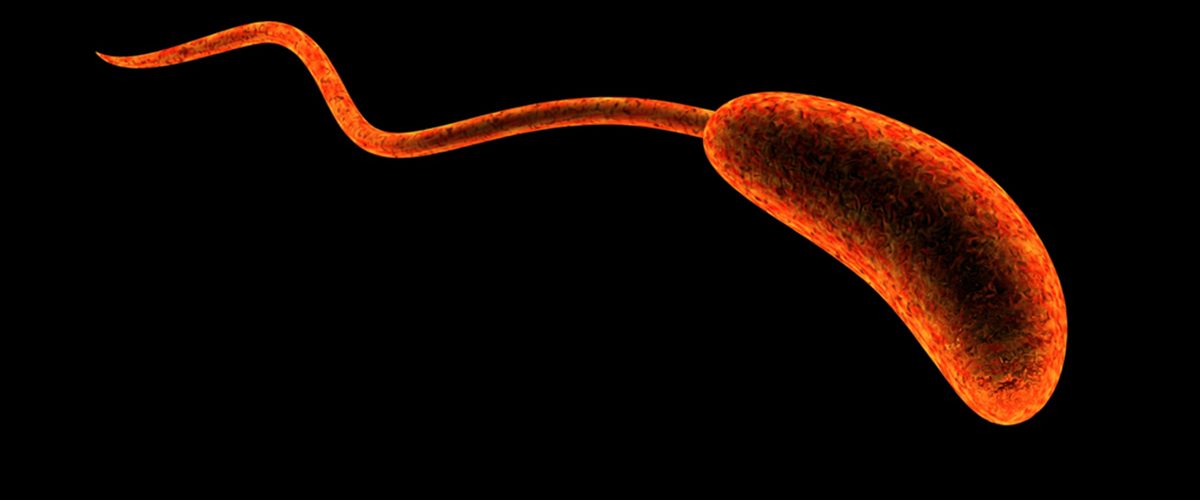Cholera is an acute diarrhoeal infection that can kill within hours, if left untreated. Cholera remains a global public health threat, causing between 1.3 million to 4.0 million cases, and 21,000 and 143,000 deaths worldwide every year. It is caused by ingestion of food or water contaminated with the bacterium Vibrio cholerae.
Symptoms appear 12 hours to five days after ingesting contaminated food or water, and it can kill within hours if untreated. The signs and symptoms include rice water stools, fishy odour stools, vomiting, rapid heart rate, loss of skin elasticity, dry mouth, low blood pressure, dehydration, muscle cramps, restlessness or irritations especially in children, sleepiness or tiredness. However, some infected people may not show any symptoms.
Prevention and control can be achieved by consuming clean water and food, and by providing proper hygiene conditions and access to basic services. Adopting basic hygienic behaviours such as regular handwashing with soap after defecation and before handling food or eating, and safe preparation and conservation of food are essential. Vaccination with Oral Cholera Vaccines (OCV) has proved effective in cholera control. The primary treatment for cholera is the use of oral rehydration salts (ORS) and the use of antibiotics.
Recent Outbreaks in Africa
| Year | Countries | Cases | Deaths | NB |
| 2019 | Ethiopia | 525 | 16 | The outbreak is happening in four regions; Oromia, Amhara, Tigray, and Addis Ababa. |
| 2018 | Cameroon | 237 | 17 | |
| Tanzania | 33,421 | 542 | ||
| Angola | 954 | 19 | ||
| Algeria | 161 | 2 | ||
| Mozambique | 1799 | 1 | ||
| DRC | 1065 | 43 | ||
| Somalia | 1613 | 9 | ||
| 2017 | Kenya | 3,967 | 76 | |
| Zambia | 547 | 15 | ||
| 2015 | DRC | 19,705 | ||
| 2014 | South Sudan | 586 | 22 | |
| 2013 | ||||
| 2012 | Sierra Leone | 20,736 | 280 | |
| 2011 | DRC | 3,896 | 265 | |
| Republic of Congo | 181 | 6 | ||
| 2010 | Cameroon | 7,869 | 515 | |
| Chad | 2,508 | 111 | ||
| Niger | 976 | 62 | ||
| Nigeria | 29,115 | 1,191 | ||
| 2009 | Zimbabwe | 98,424 | 4,276 | |
| 2008 | Guinea-Bissau | 7,166 | 133 |

